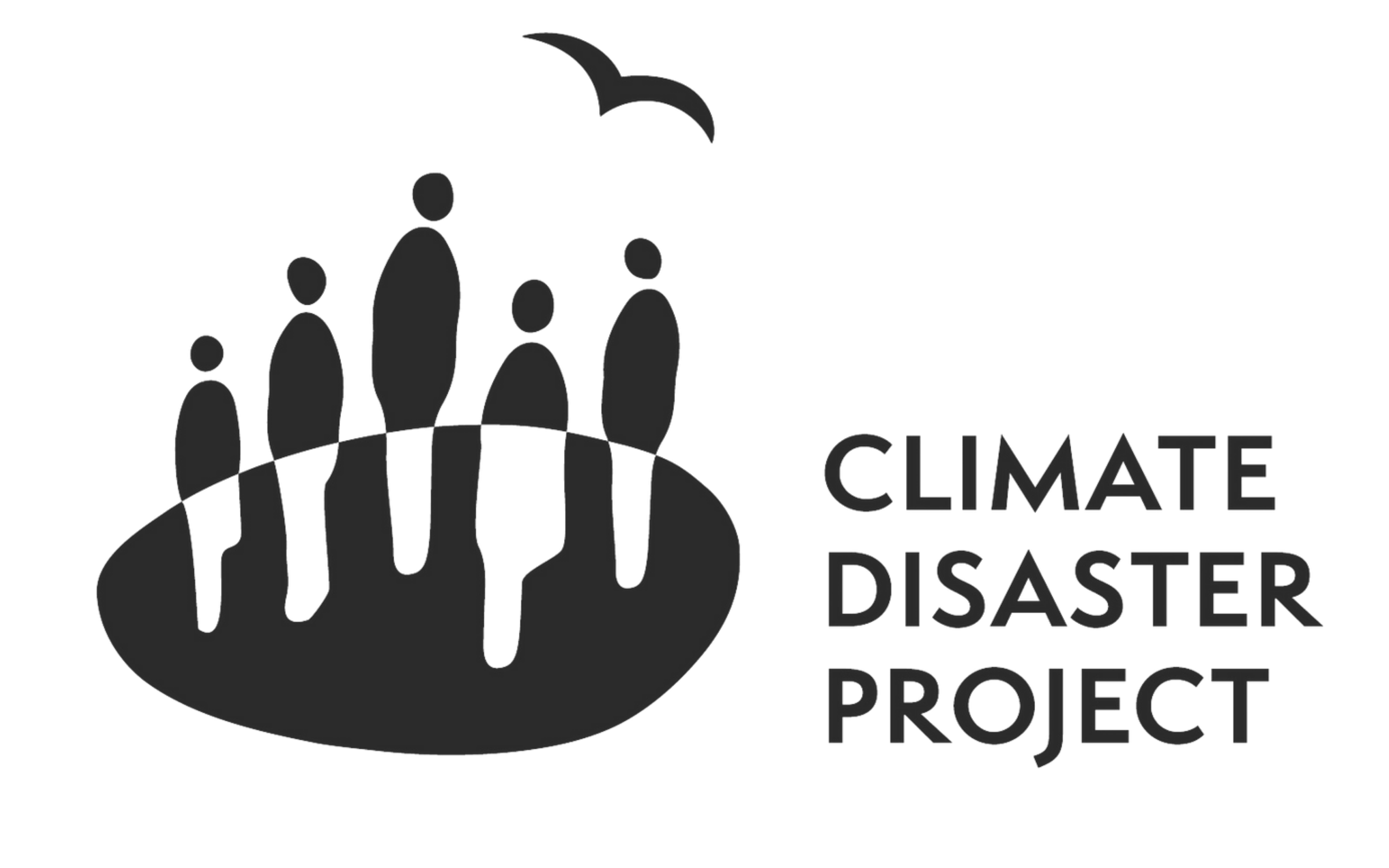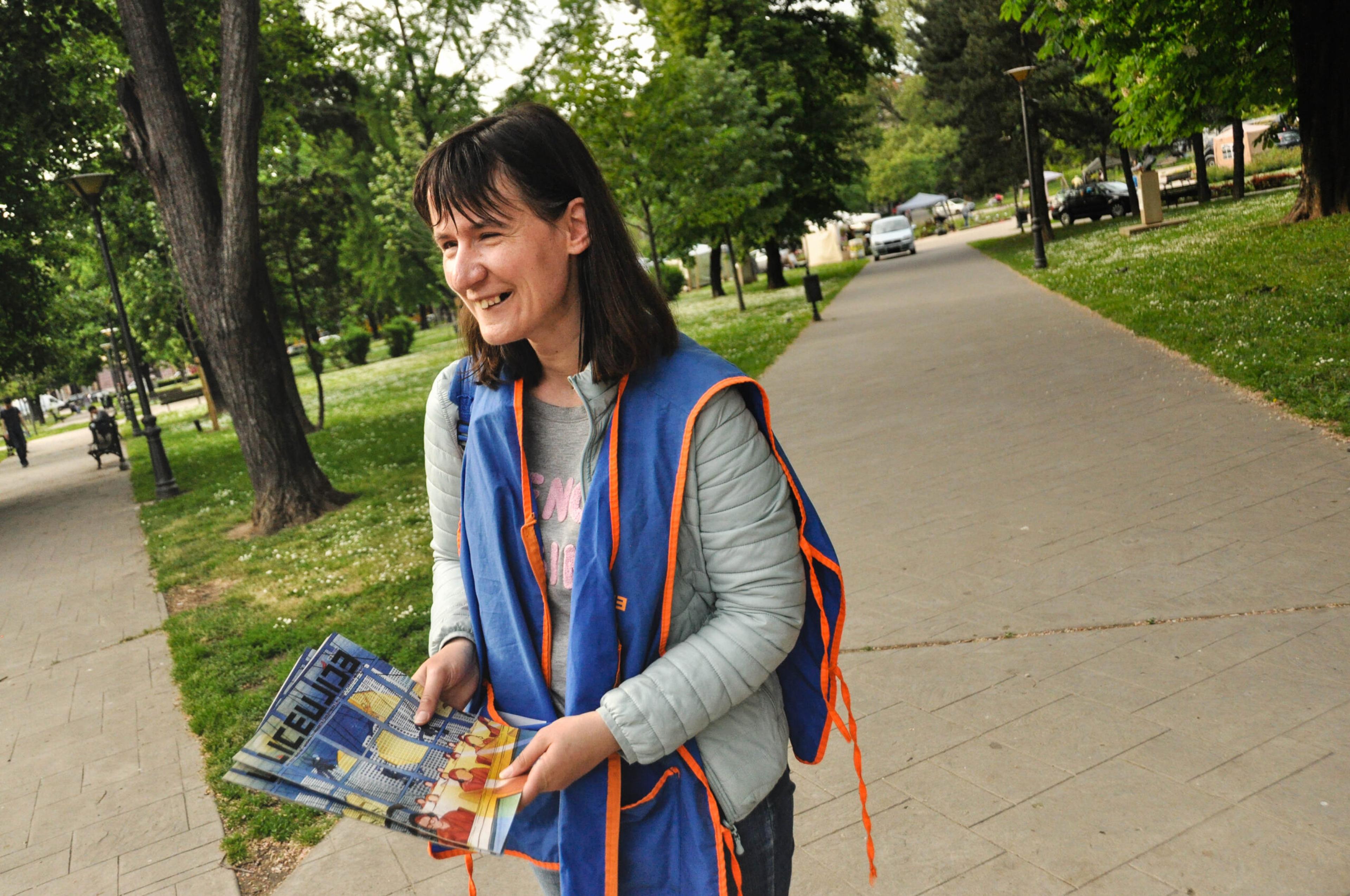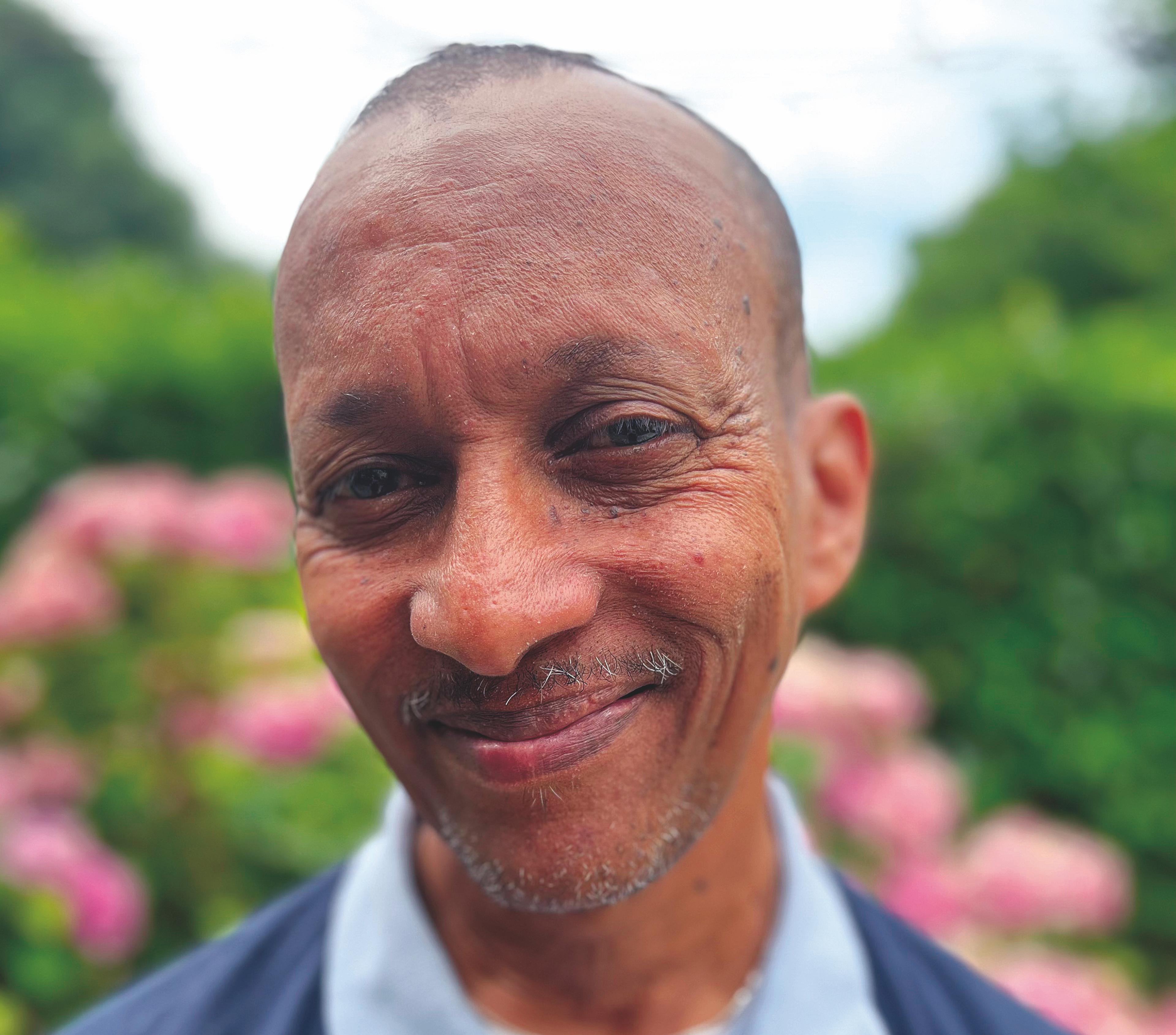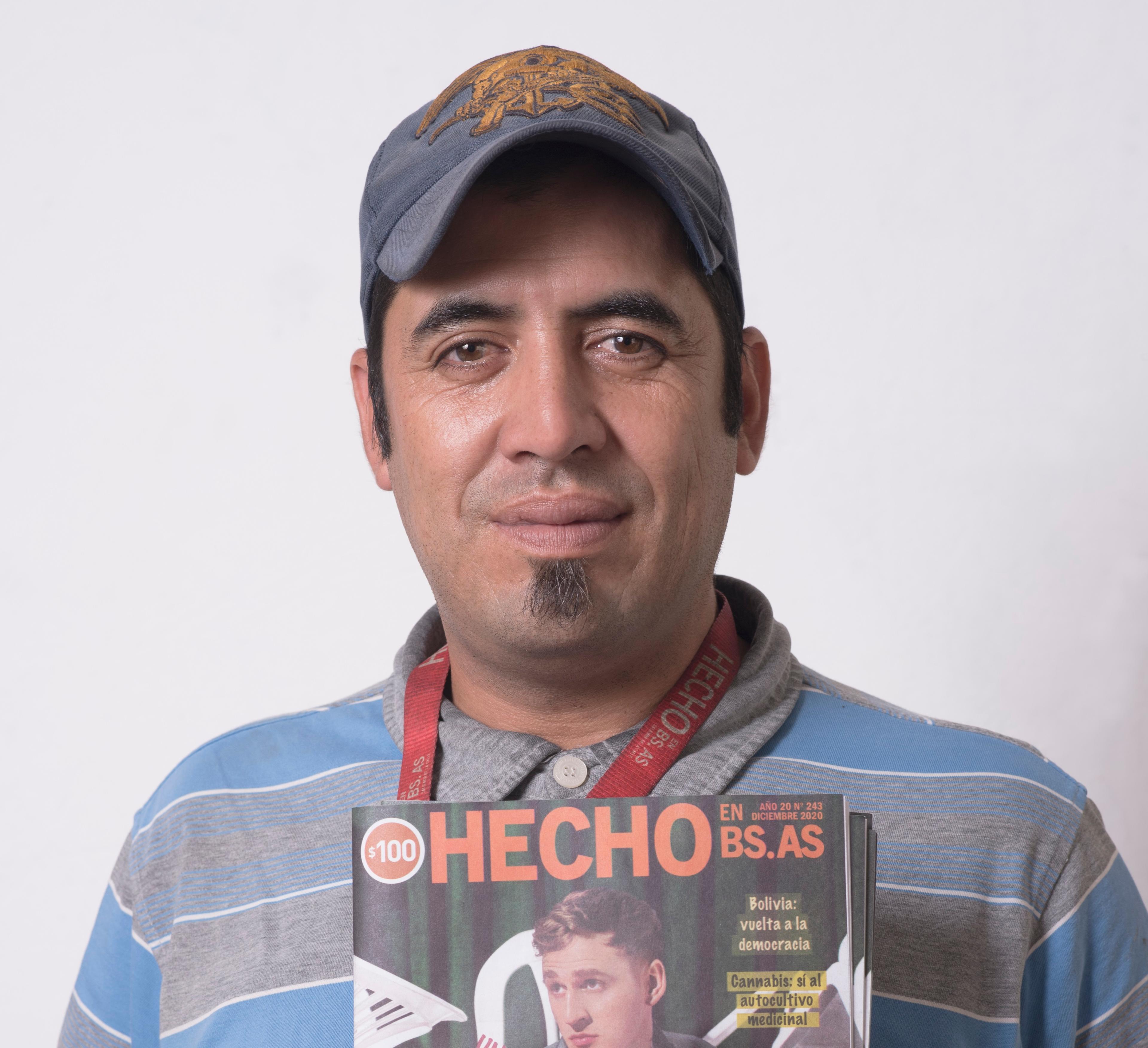Megaphone’s Climate Disaster Project: “When you’re so used to disaster in your life, you learn to go with the flow”
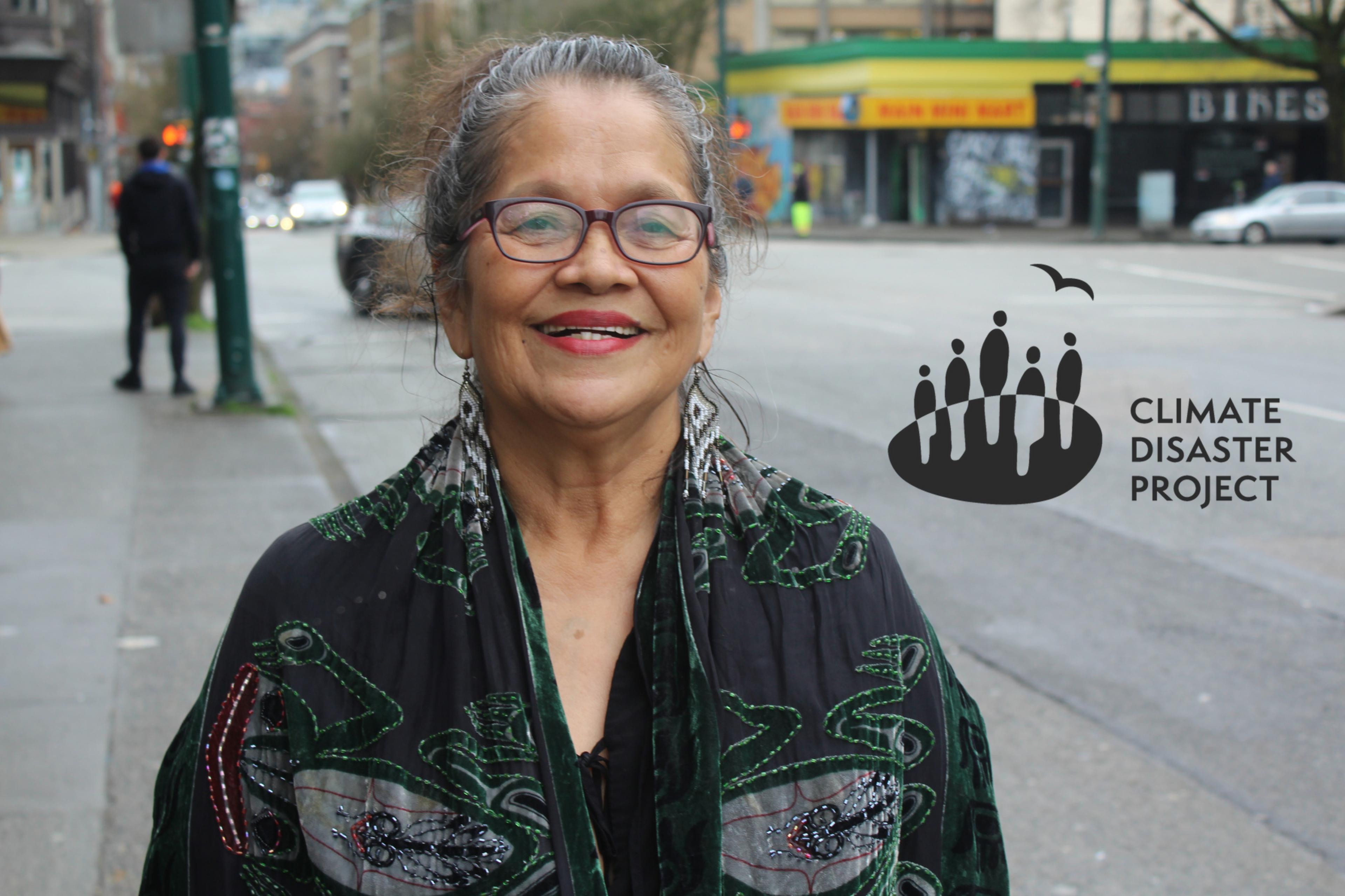
Yvonne Mark recalls a 'pretty grim summer' in 2021 trying to keep cool and help others during an unprecedented and deadly heatwave that sent temperatures soaring in the Lower Mainland. Photo by Sophie Thomas.
By Yvonne Mark
as told to Sophie Thomas and Sarah Suleman
- Vendor stories
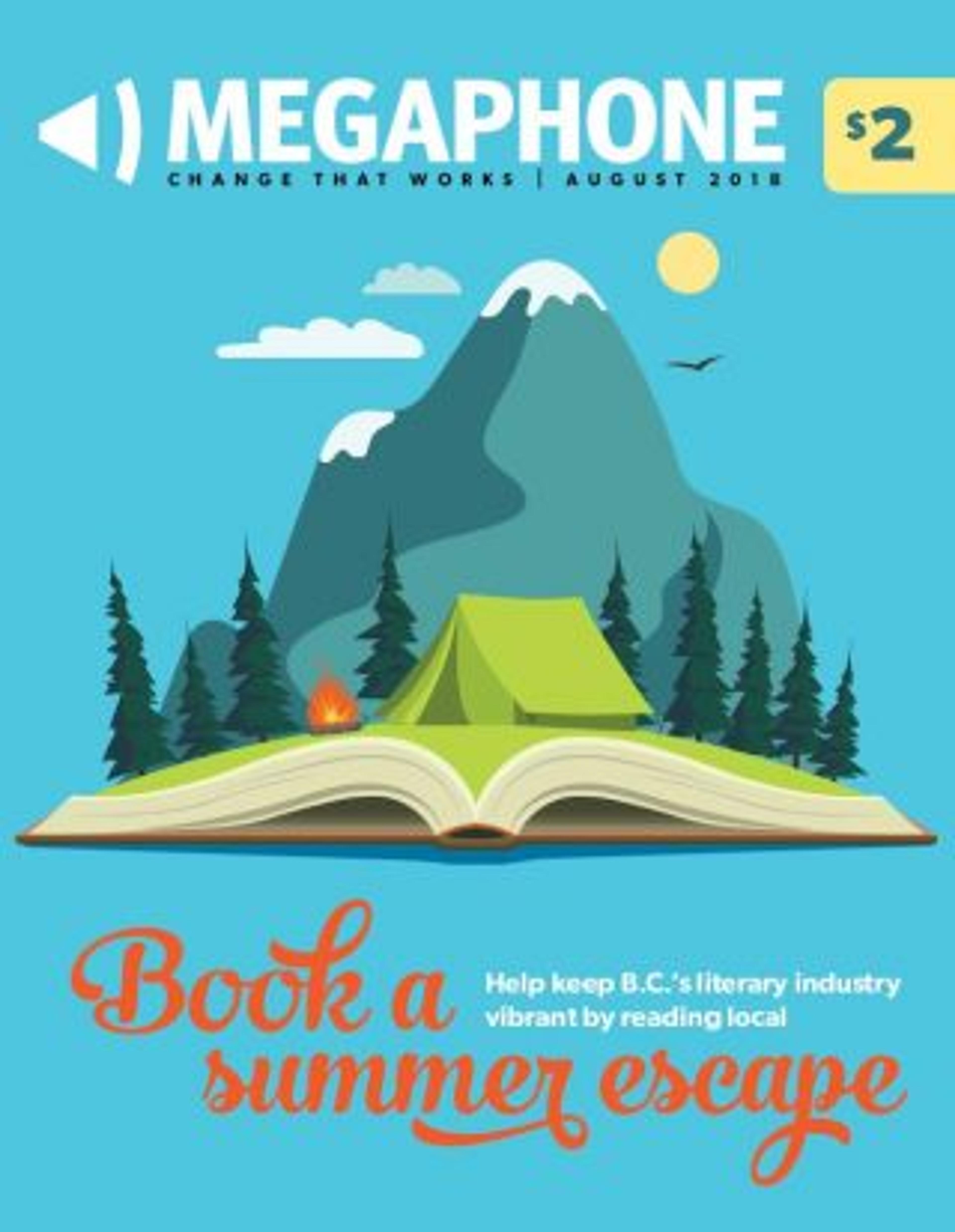
As world leaders make potentially generation altering decisions about the future of planet Earth, people on the margins are experiencing first hand the impact of environmental degradation and climate change. A collaborative storytelling endeavour called the Climate Disaster Project - which employs a trauma-informed co-creative process - collects first-hand accounts of what it was like to survive recent heatwaves and wildfires in British Columbia, Canada. Megaphone’s Yvonne Mark, who spent summers growing up at Gray Bay running on the beaches, writes about living alone in her studio apartment during last year’s heatwave and wonders what she can do to make a difference.
Vancouver, Canada
Western North America Heatwave, 2021
Yvonne Mark is a resident of the Downtown Eastside. She is a writer, a poet, and a proud mother of seven. Growing up in Haida Gwaii with her siblings, she spent many summers going for picnics in Gray Bay, running on the beaches. Her parents would use an old metal bed frame to barbecue salmon on the open fire. Halibut, crab, clams and deer meat were a regular part of her diet.
“I actually felt so deprived as a kid. My Caucasian friends, they got real meat, like chicken and pork chops. I felt so deprived. Now I look back and God, what I wouldn't do to have that,” she says.
At age 16, Yvonne moved to Vancouver to continue her education because the school she was attending in Sandspit only went to Grade 10. She thenworked a union job at Prince Rupert Fishermen's Cooperative Association and took care of her children. After the death of her 11-year-old son, Yvonne turned to drinking and drugs. With the help of AA she sobered up and has been alcohol-free for 16 years.
She now has 10 published poems to her name, works with the street paper Megaphone magazine, and is writing her book, Salmon Soup for my Soul; Stories of Aboriginal Recovery in the Downtown Eastside. Yvonne is also a board member at the Carnegie Community Centre, which is often described as the neighbourhood’s “living room.”
She believes we can always be doing more to help the less-fortunate. For her, that means saying hello to the people she passes in the streets, asking how they are doing, and phoning a friend a day to check in on them.
“I tend to be attracted to the loners. I have empathy for people that have no one, that don't have family,” she says. During the summer heatwave, Yvonne herself was living alone in her studio apartment.
We were forewarned. People were saying it, but when it actually happened, it was to me quite surprising. It was surreal. You didn't want to turn the news on. I just felt fortunate that my place wasn't that hot. It faced the alley. And so it was in the shade and I had my fan on. But it was a pretty grim summer to be honest. There was a feeling of helplessness.
I sell food at the corner of Main and Hastings. I'd see people in my building sleeping outside on the benches. So much heat. I'd offer water or check to see that they're OK. “How are you doing out there? How are you handling it at home?" Especially Elders.
I've seen people both handing out ice and water, fans were sold out everywhere and a lot of people pouring water over themselves using the hose, right by the Carnegie, or whatever else they had. I've seen that in quite a few parks and stuff too. It is too hot for them to even go out and shop and stuff. You could almost feel the anguish that they were displaying. A lot of people were talking about how hard it was to breathe because of the smoke coming in.
I'd pray it doesn't happen again. I never thought I'd ever complain about heat. To be honest, I've always liked heat. And it was really scary. To me, it was scary because it just happened. I mean, I just never felt that kind of heat here before. "Oh my God, when's this going to subside?" And it seems so sudden.
When you're so used to disaster in your life, you learn to just go with the flow. You just learn to accept. The death of my son is the biggest, hardest thing I ever went through, losing my kids into foster care, all that. Feeling like a total failure. I never thought I'd ever crawl back into the rooms of AA. I never thought I was worthy of it. I was better off dead. I remember praying that I'd be murdered. And if that ain't a disaster, I don't know what it is. AA says accept the things you cannot change. Even when I felt panic, I wouldn't allow it, because I'd always tell myself, "It's worse for others." To look back at all that happened with the heatwave, it's just another disaster.
I'd pray it doesn't happen again. I never thought I'd ever complain about heat. To be honest, I've always liked heat. And it was really scary. To me, it was scary because it just happened.
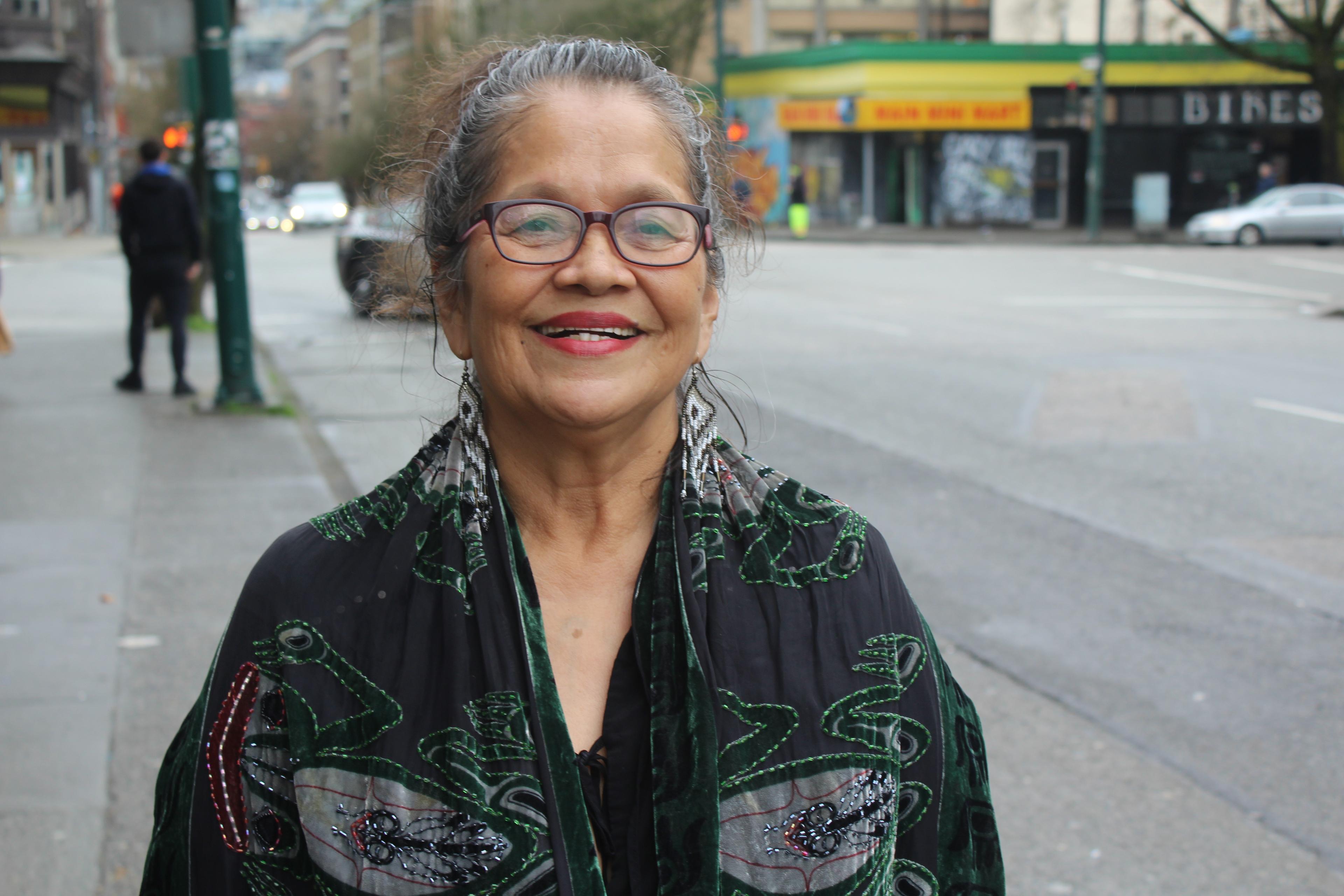
Photo by Sophie Thomas
What's this world coming to? And how can we prevent it? I've always been a diehard environmentalist. We were taught not to waste anything. We had to eat everything we had on our plates. Those were just common traits my parents taught us. There isn't anything I waste. Nothing. Cloth diapers for all my seven children. My kids got Thermoses instead of juice boxes. My garbage pail’s the size of a coffee tin. It takes about a week to fill. I swear to God, a roll of paper towel probably lasts me two years in my place because I use cloth. I compost, I recycle.
What difference am I going to make? It's just me. I really do believe there should be more education. Education about prevention. And have youth have a voice in what they're going to face. Have voices from people that have experience. There's always more that can be done. Don't just have Earth Day once a year. Once a year to dim your lights, how ridiculous. Why can't we do it all the time? Use your car less. It's things like that. Simple things. I get frustrated, seeing all the waste around me. You can't tell people how to live. But I just see all this as a preventable disaster.
Up in Haida Gwaii, it was beautiful there. The moss up there, the trees. Huge, huge trees. We'd play in the bushes, in the woods, the rainforest, picking berries, huckleberries, salmonberries, thimbleberries, gooseberries, salal. I didn’t even know what pollution was.If only this whole world could be like the beauty of the rainforest. If people could respect the lakes and the streams and all that, like they do their own property. If only.
